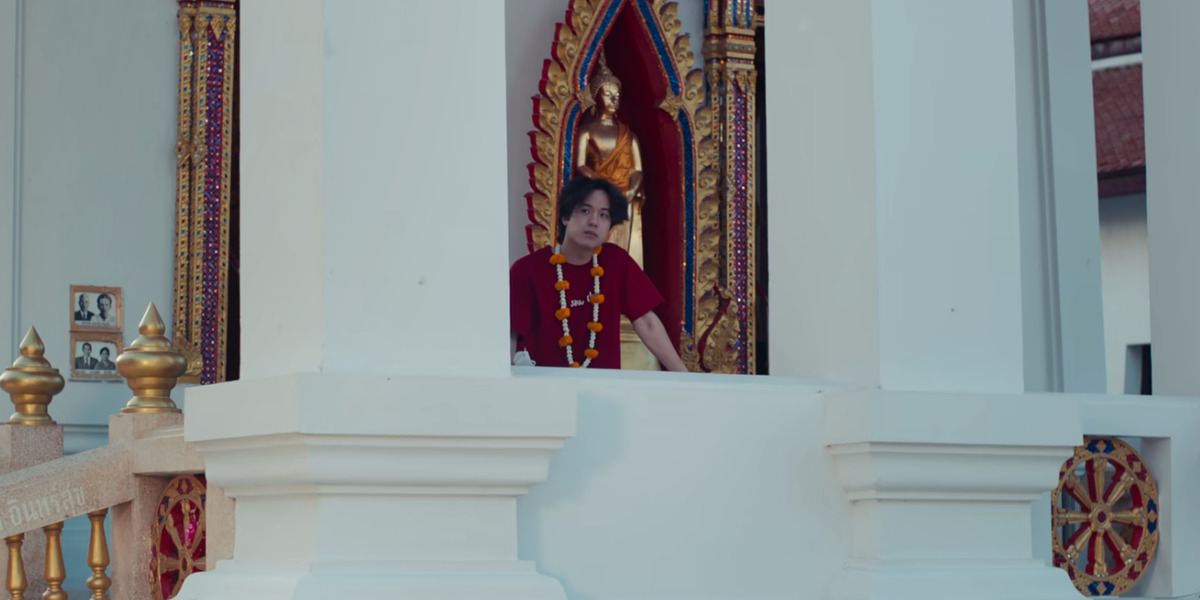In the Netflix Thai show, ‘The Believers,’ the narrative focuses on a young trio and their misguided but lucrative involvement in a temple’s widespread success. After a massive blunder in their business, developing and running the popular NFT Game “Pirate’s Hell,” Win and his friends, Dear and Game, must face the reality of crushing debt. Consequently, their financial desperation leads them to undertake an unconventional business venture: managing a temple.
Choosing the run-down and obscure local temple Phummaram as their target, Win and the others begin applying modern marketing to the temple and facilitating its business until trouble inevitably knocks on their door. Since the Phummaram Temple remains at the show’s narrative center, the location must have attracted some viewers’ attention, compelling them to wonder about the religious establishment’s roots in reality.
The Phummaram Temple: A Fictitious Location
Within ‘The Believers’ fictional narrative, the central Phummaram Temple remains a similar work of fiction, credited to the imagination of the creator Wattanapong Wongwan. The Thai director fictionalized most of the characters, events, and locations in the show, rendering Win and his friends’ winning temple as another fictional element in a fictional story. However, the themes and ideas that the show explores through the nuanced depiction of the Phummaram Temple stem from the real-life experiences of Wongwan.

Wongwan’s personal relationship with the Buddhist religion that he grew up observing became the initial inspiration for the show’s creation. Since his early exposure to religion in his childhood— through temple visits and religion classes in school— the director remained intrigued by the concept. Thus, as the culture grew more open-minded in his adulthood, Wongwan finally saw the opportunity to explore his early curiosity and created ‘The Believers,’ which examines the relationship between religion and financial profit.
Consequently, the Phummaram Temple, the center for this examination, remains loosely influenced by Wongwan’s experiences and perception of Buddhist temples. Nevertheless, as the test subject for Win and his friends’ business strategies, the temple also presents a unique depiction of religion and religious establishments. Thus, it’s vital to remember that the Phummaram Temple exists to provide a social commentary on a very specific aspect of religion without passing broad statements about religious beliefs and industries as a whole.
Therefore, the Phummaram Temple entirely remains a work of fiction, created to serve the show’s narrative by offering a fertile ground for conversations surrounding the more finance-driven aspect of religion. Ultimately, it is not based on any real-life temples— nor does it seek to represent a tangible religious establishment.
Read More: The Smurfs Musical Begins Filming in Rome and Paris This Year


